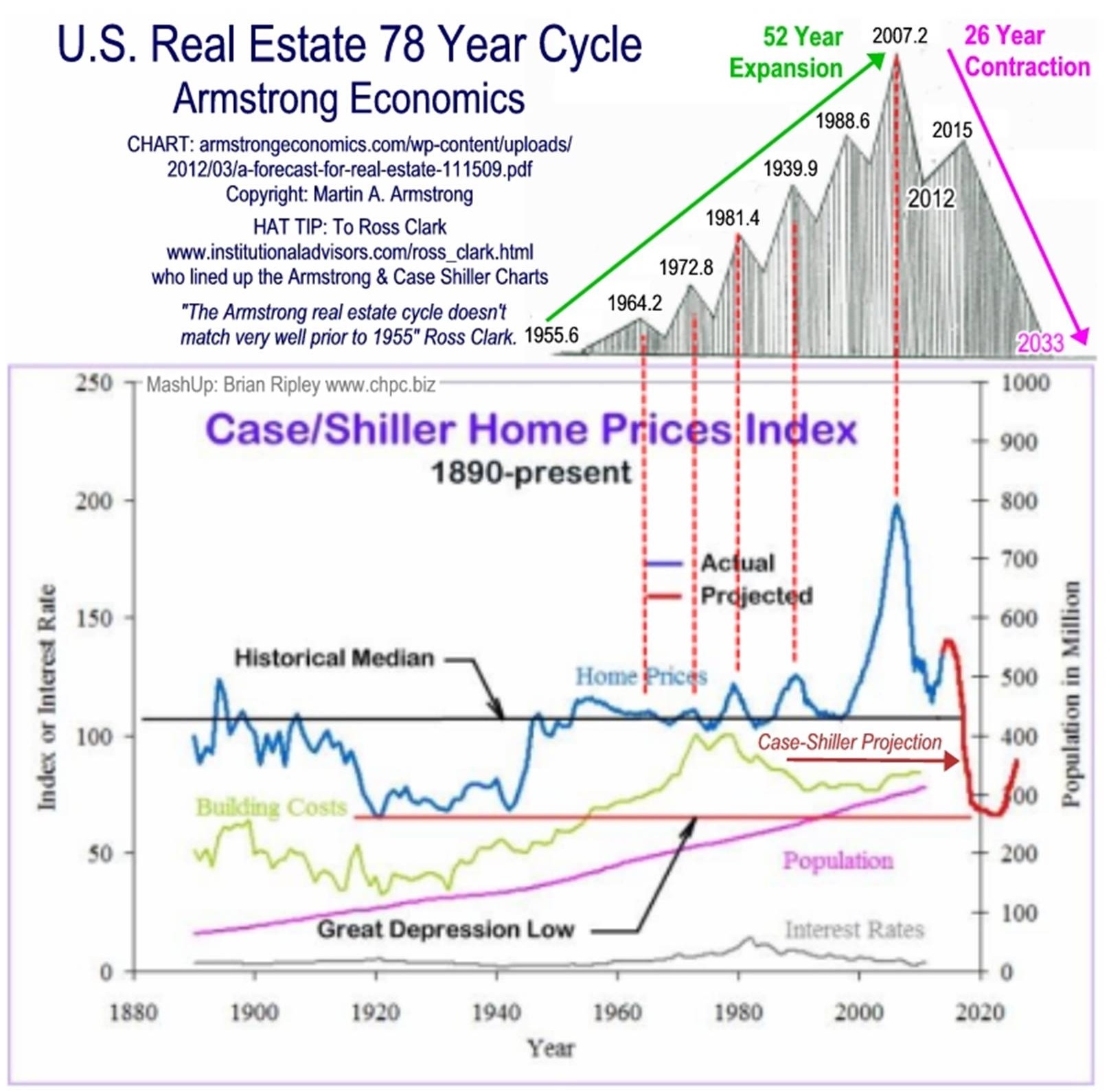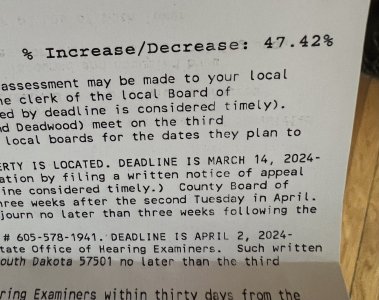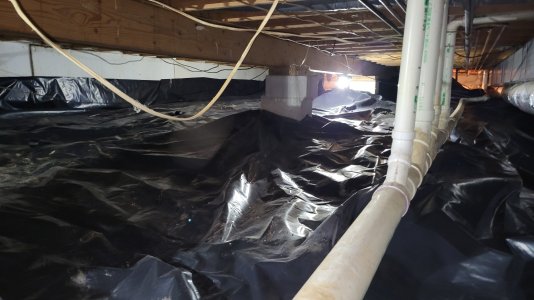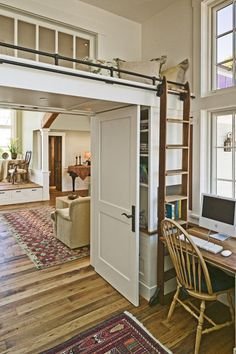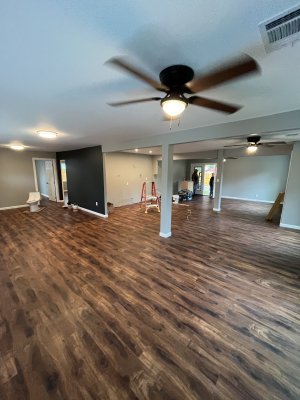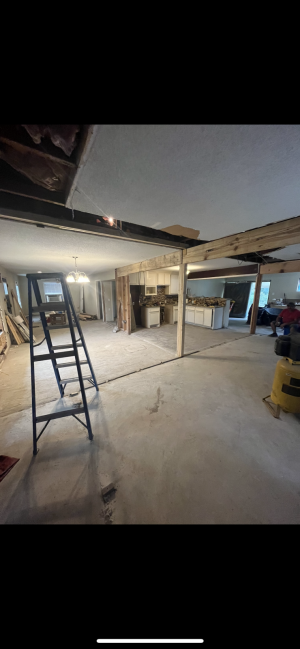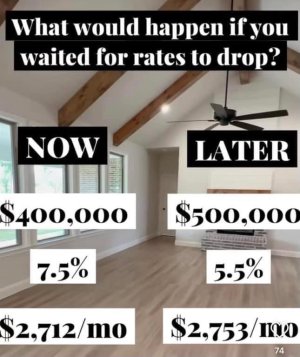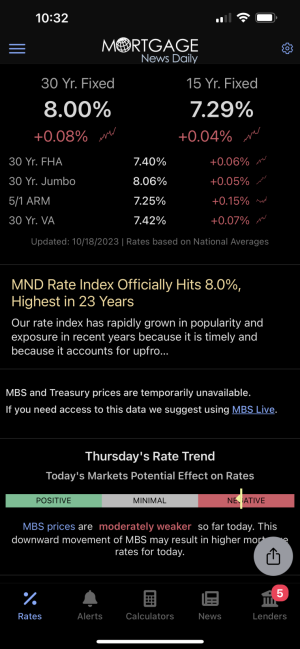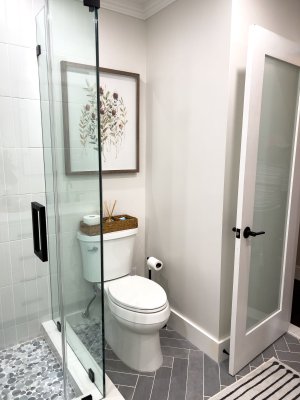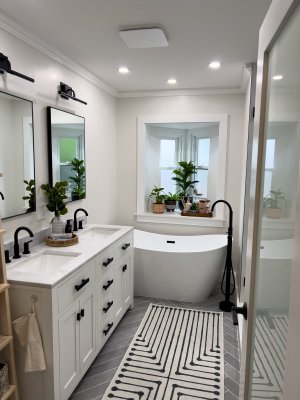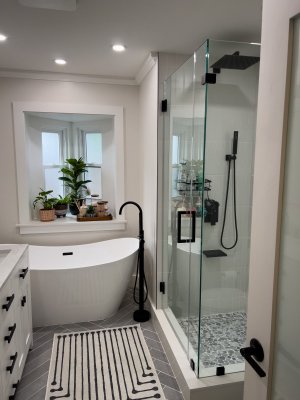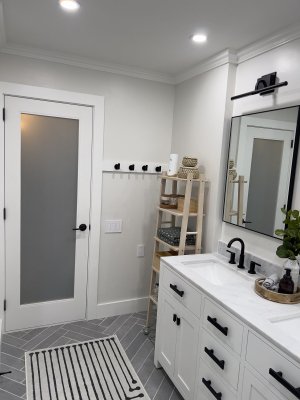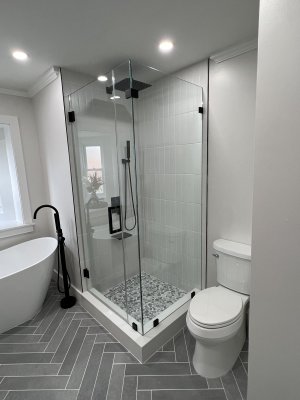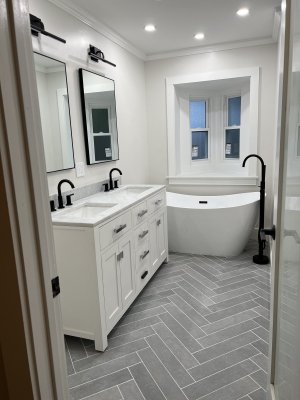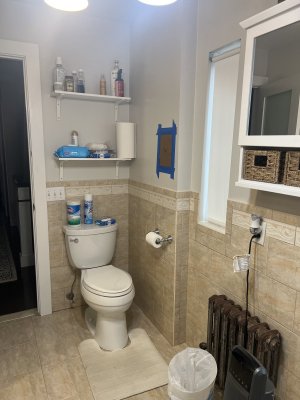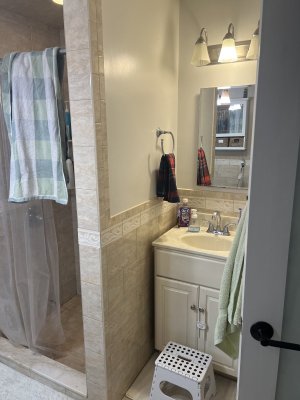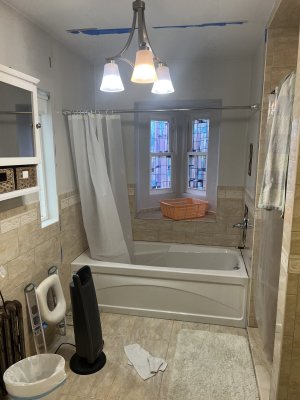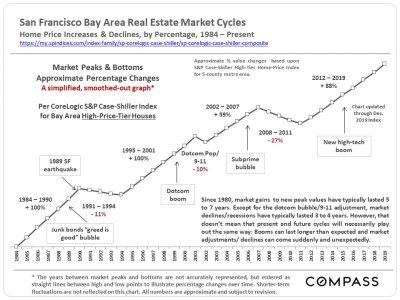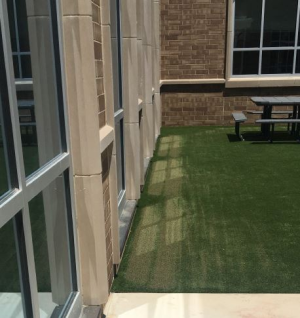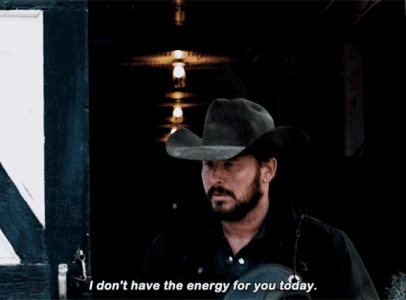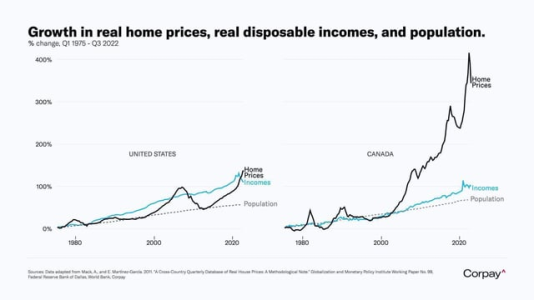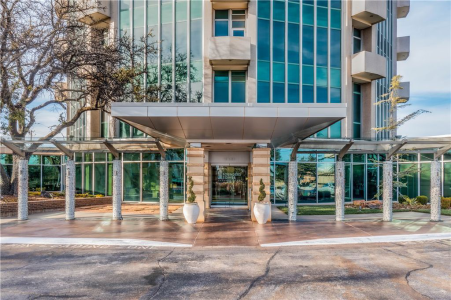- 3,949
- 1,197
- Joined
- Nov 16, 2001
This article is a couple months old now, but I thought it was interesting since it's still making its way through committee.
[h1]Call to End GSEs’ FICO-Only Credit Scoring Wins Bipartisan Support[/h1]
 As of now, Fannie Mae and Freddie Mac only consider the FICO credit scoring model when making mortgage purchase decisions. A bill introduced Thursday is trying to change this singular model and move toward a more multifaceted model.
As of now, Fannie Mae and Freddie Mac only consider the FICO credit scoring model when making mortgage purchase decisions. A bill introduced Thursday is trying to change this singular model and move toward a more multifaceted model.
The H.R. 4211 bill, also titled the “Credit Score Competition Act of 2015,” was introduced byU.S. Rep. Ed Royce (R-California) and U.S. Rep. Terri Sewell (D-Alabama)—both members of the House Financial Services Committee—to the House of Representatives.
Both Reps. Royce and Sewell announced on their websites that the bill would allow Fannie Mae and Freddie Mac to consider alternative credit-scoring models instead of the FICO model, which would open up homebuying options for many consumers whose credit does not meet the current standards.
“Fannie Mae and Freddie Mac are the largest mortgage purchasers in the nation, but they rely on credit score models that don’t necessarily take into account something as simple as whether borrowers have paid their rent on time," Rep. Sewell explained in the release.
She continued, "Home ownership is an integral part of the American Dream that shouldn’t be out of the reach for low-income, rural, and minority borrowers who lack access to traditional forms of credit. This legislation takes an important step towards addressing this issue and helps make homeownership a reality for more Americans across the country."
Reps. Royce and Sewell noted that if the GSEs are allowed to make mortgage purchase decisions with access to "multiple empirically derived, statistically sound credit scoring models," risk found in their portfolios would be mitigated and the chance of systemic risk in our housing market would lower.
Together, Fannie Mae and Freddie Mac occupy 90 percent of the secondary mortgage market, the release said. The use of one credit scoring model has nearly created a monopoly in this field. Reps. Royce and Sewell suggest that additional credit scoring models would "foster competition and innovation in the credit scoring industry."
Consumers looking to purchase a home with no FICO score or one under 620 are not eligible for a mortgage that can be sold to Fannie Mae or Freddie Mac, and lower-to-middle income Americans that qualify to purchase a home but cannot due to their a low, or nonexistent FICO score are finding themselves locked out the housing market. These two groups of consumers could greatly benefit from other credit-scoring models, Reps. Royce and Sewell said.
“The GSEs' use of a single credit score is an unfair practice that stifles competition and innovation in credit scoring. Breaking up the credit score monopoly at Fannie and Freddie will also assist them in managing their credit risk and decreases the potential for another taxpayer bailout," Rep. Royce said.
The VantageScore credit score model, an alternative to the FICO score, recently praised the new legislation introduced by Reps. Royce and Sewell in a statement on the company's website.
Barrett Burns, President and CEO, VantageScore Solutions, LLC explained that "outdated credit scoring models required by Fannie Mae and Freddie Mac limit opportunities for millions of creditworthy borrowers who, through no fault of their own, are unfairly locked out of the automated underwriting programs used by most mortgage lenders."
"Locking out competitive models and creating what is essentially a government sanctioned monopoly also undermines innovation among model developers, which must be preserved and encouraged in order for the market to operate efficiently for borrowers and lenders," he added.
"We strongly support a bill that promotes access to sustainable mortgage credit, and healthy choice and competition among credit scoring models. We encourage industry leaders to voice their support of this bipartisan measure,” Burns said.
[h1]Call to End GSEs’ FICO-Only Credit Scoring Wins Bipartisan Support[/h1]
 As of now, Fannie Mae and Freddie Mac only consider the FICO credit scoring model when making mortgage purchase decisions. A bill introduced Thursday is trying to change this singular model and move toward a more multifaceted model.
As of now, Fannie Mae and Freddie Mac only consider the FICO credit scoring model when making mortgage purchase decisions. A bill introduced Thursday is trying to change this singular model and move toward a more multifaceted model.The H.R. 4211 bill, also titled the “Credit Score Competition Act of 2015,” was introduced byU.S. Rep. Ed Royce (R-California) and U.S. Rep. Terri Sewell (D-Alabama)—both members of the House Financial Services Committee—to the House of Representatives.
Both Reps. Royce and Sewell announced on their websites that the bill would allow Fannie Mae and Freddie Mac to consider alternative credit-scoring models instead of the FICO model, which would open up homebuying options for many consumers whose credit does not meet the current standards.
“Fannie Mae and Freddie Mac are the largest mortgage purchasers in the nation, but they rely on credit score models that don’t necessarily take into account something as simple as whether borrowers have paid their rent on time," Rep. Sewell explained in the release.
She continued, "Home ownership is an integral part of the American Dream that shouldn’t be out of the reach for low-income, rural, and minority borrowers who lack access to traditional forms of credit. This legislation takes an important step towards addressing this issue and helps make homeownership a reality for more Americans across the country."
Reps. Royce and Sewell noted that if the GSEs are allowed to make mortgage purchase decisions with access to "multiple empirically derived, statistically sound credit scoring models," risk found in their portfolios would be mitigated and the chance of systemic risk in our housing market would lower.
Together, Fannie Mae and Freddie Mac occupy 90 percent of the secondary mortgage market, the release said. The use of one credit scoring model has nearly created a monopoly in this field. Reps. Royce and Sewell suggest that additional credit scoring models would "foster competition and innovation in the credit scoring industry."
Consumers looking to purchase a home with no FICO score or one under 620 are not eligible for a mortgage that can be sold to Fannie Mae or Freddie Mac, and lower-to-middle income Americans that qualify to purchase a home but cannot due to their a low, or nonexistent FICO score are finding themselves locked out the housing market. These two groups of consumers could greatly benefit from other credit-scoring models, Reps. Royce and Sewell said.
“The GSEs' use of a single credit score is an unfair practice that stifles competition and innovation in credit scoring. Breaking up the credit score monopoly at Fannie and Freddie will also assist them in managing their credit risk and decreases the potential for another taxpayer bailout," Rep. Royce said.
The VantageScore credit score model, an alternative to the FICO score, recently praised the new legislation introduced by Reps. Royce and Sewell in a statement on the company's website.
Barrett Burns, President and CEO, VantageScore Solutions, LLC explained that "outdated credit scoring models required by Fannie Mae and Freddie Mac limit opportunities for millions of creditworthy borrowers who, through no fault of their own, are unfairly locked out of the automated underwriting programs used by most mortgage lenders."
"Locking out competitive models and creating what is essentially a government sanctioned monopoly also undermines innovation among model developers, which must be preserved and encouraged in order for the market to operate efficiently for borrowers and lenders," he added.
"We strongly support a bill that promotes access to sustainable mortgage credit, and healthy choice and competition among credit scoring models. We encourage industry leaders to voice their support of this bipartisan measure,” Burns said.

 not to mention walking distance to staples center so all types of entertainment at the leisure
not to mention walking distance to staples center so all types of entertainment at the leisure 
